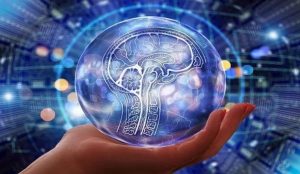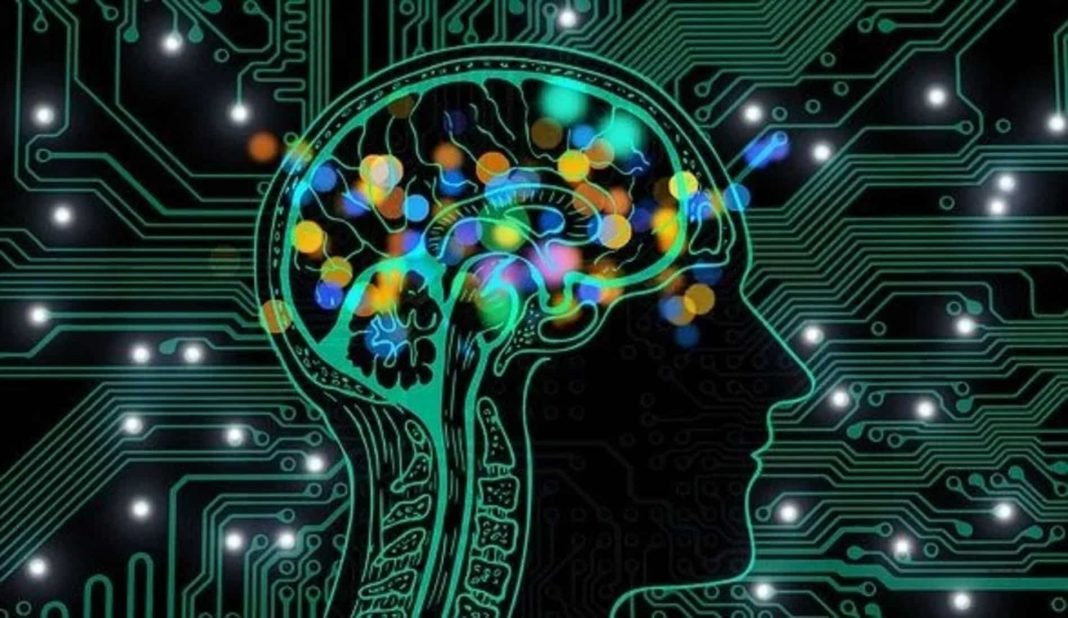Artificial intelligence is mainly known for performing different tasks based on intelligence, the same as humans. AI in healthcare in healthcare primarily refers to the technology related to the field of medicine.
This article will emphasise ARTIFICIAL INTELLIGENCE or AI in healthcare and how AI has changed medicines. The Healthcare industry is evolving very quickly by adopting machine learning and artificial intelligence.
A report released that medicine is spending more than 48% of annualised until 2023.
Contents
What is AI in healthcare?
Machine learning has the potential to drive data and clinical decision report to the hospital and clinical staff. This Artificial intelligence results in the generation of more revenue.
AI and machine learning combine to perform an action and give data and automated insight to the healthcare providers.
Impacts of artificial intelligence in healthcare:
According to Charles Koontz, head of healthcare at Ge, ‘healthcare does not have a big data problem. The data generated by genomic alone could be equal to the data generated by youtube, astronomical science, and Twitter. Without a proper channel for collecting and storing data, the healthcare industry could lose insights.
Koontz also mentioned in his article that the partnership between GE healthcare and a university. The main goal of this partnership is to develop deep learning and improvements in clinical results.
Also, Google has artificial intelligence. An article from the medical futurist brings out the intelligence and provides the best and faster healthcare results.
Many other companies are developing artificial intelligence to assist both the patient and healthcare. Many companies like IBM, careSkore and section all have projects under consideration to bring AI into healthcare.
Artificial Intelligence to Benefit Patients:
Artificial intelligence or AI IN HEALTHCARE has a different variety of benefits both for patients and doctors. The patient can take care of themselves by using these advance AI machines and technology.
Estimate diabetes afflicts about 10% of the population in the world. But it is possible to reverse the figure by using this artificial intelligence in healthcare.
Virtual health can change that ratio. Virta Health is an artificial intelligence coach that prompts the patient to enter the glucose, blood pressure, and other vital health aspects.
This software aims to equip the patient with metrics and knowledge that the patient needs to manage in daily life.
Research shows that 87% of patients using virtual health software reduce insulin use or stop using it and other medicines.
AI in healthcare can serve more than a diabetes patient. A researched article mentioned that a British company launched a doctor application that recommends the actions based on the patient’s current symptoms and clinical history.
The next mile in healthcare is that a chatbot, an artificial intelligence software that collects and analyses the patient’s symptoms, also alerts the patient when to visit.
A glimpse into the future:
What is the future of artificial intelligence or AI in healthcare? Some concerns exist. Like is it right to give authority to an application to provide directions to any person about health?
How safe is it that artificial intelligence takes charge? What are the implications that an app gives medical advice to the patient?
Medical fruitiest listed the ways how artificial intelligence in the healthcare prepare most out of it:
- Creating strong standards governs artificial intelligence.
- Gradual development and improvement so healthcare specialists can adopt it quickly.
- Monitor the system how successful artificial intelligence is in achieving the goals.
Healthcare officials and administrators may find it beneficial to learn about artificial intelligence to understand the risk and rewards clearly.
Indeed there is a lot of potential in Artificial Intelligence In Healthcare. Also, the providers and patients are eagerly waiting for new technology and advancement in AI in healthcare.
Healthcare administrators can play a role in managing and implementing artificial intelligence in healthcare.
AI has prominent data analysts, pulling the patient insight and lead to more predictive analysis. Wearable healthcare technology also uses Ai and serves better in every way.
Conclusion:
From all above, AI in healthcare is very productive and has become a need of patients, doctors, and administrators. AI plays a vital role in the field of medicine.
Every hospital and clinic needs to have artificial intelligence to improve the system, and patients can improve. Also, with artificial intelligence in healthcare, many disease ratio has been decreased very quickly.




















































